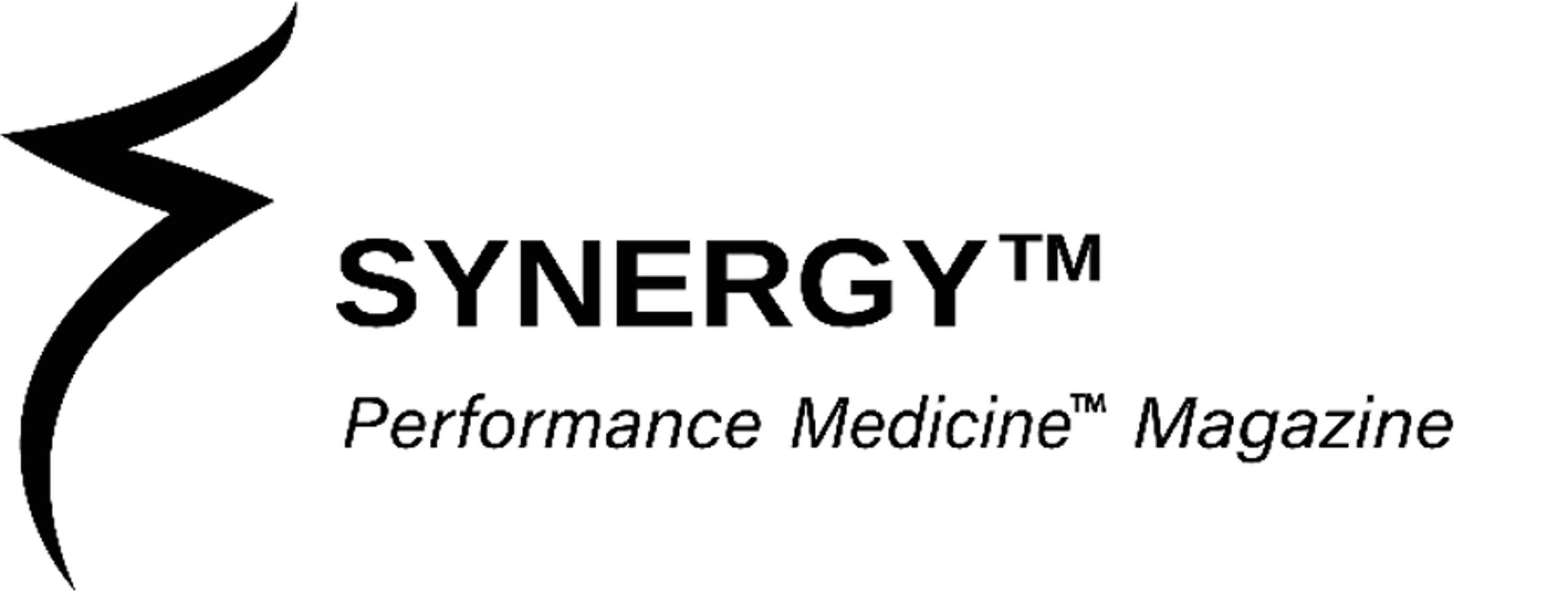
Considering the Honor of the Disgraced
Considering the Honor of Disgraced
Most of us in life get humiliated, dishonored, discredited, or even demeaned. If misery loves company, this qualifies. It takes growth, experience, and some age, but one can cast these experiences in an entirely new light.

Example one: In high school choir, I was given a piece to play on the piano by the conductor, Ms. Choir Leader, and I flubbed it. My experience as a church pianist and organist didn’t translate well to her needs. She reamed me in front of my classmates. Frankly, I deserved it. I had no business with that music without substantial practice time. I didn’t argue; I fretted to myself way too long but learned a lesson about agreeing more on my terms rather than setting a self-trap.
Example two: In a graduate school speech class, I used a word with a substantial Southern twang to it. The class director immediately stopped my talk, choosing to give me a direct diction lesson that the word “strength” is with the letter “e” as opposed to “strength” with the letter “a” as I pronounced it. Try it; my word’s syllables should sound like this: “Strain’ th.” Hearing that word with the “a” in it now takes me back to that day. I had the unusual experience of a hearing problem as a kid that was cured over time, even with the antique medical methods of those days. So, I probably mixed bunches of words over those younger days. However, what it taught me was to be ready at all times to be corrected, which was right to do in this silly experience, and face the critique likely to hit one right in the face. How many times the lesson of that day has paid off in life? I didn’t care for it then but (much) later realized that such provocations can help one to strengthen their mettle . . . and pay attention to the language.

Example three: Recently, in a TEAM’s chat involving several buildings, a relative youngster chewed on me for making a decision that moved the problem into a solution state but not abiding by their rules. Now, having more than a handful of fingers, if a finger represents a decade of experience, at this “Disgraced” business, I looked for the core of what the person was saying while ignoring the diatribe cloaking the thoughts. The “Full Metal Jacket” scene suddenly pops into my mind, where Pogue Colonel asks Private Joker a question. “You write ‘Born to Kill’ on your helmet, and you wear a peace button. What’s that supposed to be some kind of sick joke? . . . Now answer my question, or you’ll be standing tall before the man.” My answer to the question in TEAM’s was simple: Thank you. Short and sweet, no arguing how right I might have been or otherwise, as then chats would have occupied the rest of the night. I defused the whole process with those two “Thank you” words. One can debate that arguing is the only way to save grace.
One of the pillars of Performance Medicine™ requires finding gaps in our health. Refute the overwhelming evidence; it can’t be me; I’m leading the pack regardless of the event. Maybe true. But even the fittest of the fit sports gaps. Your life may depend on it. Why? As the Colonel closed out, “It’s a hardball world, son.” And, you do not want to stand tall before the man.


